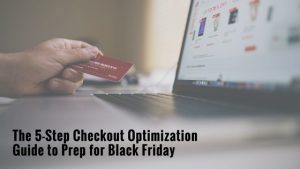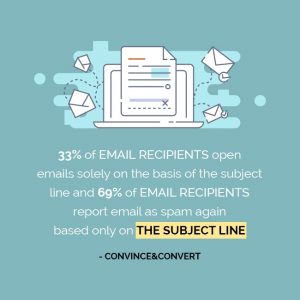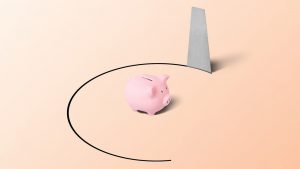NEW YORK (TheStreet) — The notion that high school students should study personal finance seems to make a lot of sense. After all, knowing how to balance a checkbook or review a credit statement or home mortgage bill is arguably as important as studying the Civil War or dissecting a frog.
That’s especially so as 8.2% of U.S. households (10 million total) did not have a bank account in 2011 and 20% were “underbanked” (24 million total), according to the Federal Deposit Insurance Corp..
The data suggest way too many Americans don’t possess the knowledge to handle their own money properly leaving them vulnerable to payday lenders and check-cashing companies that charge high interest for their services. Being underbanked also hurts a consumer’s ability to get loans and credit, even to get something as basic as a credit card.
More and more, the problem of financial illiteracy is a problem in the U.S., with the 52% of teens being able to balance a checkbook in 2007 dropping to 36% in 2011, according to Boston-based American Consumer Credit Counseling.
Apparently, parents and teenager have had enough, with 91% of Americans and 84% of teenagers saying personal finance should be a mandatory course in high school.
In one regard, parents are only too happy to steer the subject of money out of the home and into the nation’s schools — 33% of Americans say they would rather discuss the dangers of smoking and bullying than talk to their kids about bank accounts and credit cards.
“There is a growing financial literacy gap acknowledged by parents and teens alike,” says Steve Trumble, chief executive of American Consumer Credit Counseling. “Money is never an easy topic to discuss, but by not doing so we are failing to equip students with the necessary skills to succeed in the future.”
Parents and teens may be getting the message on money management lessons, but schools didn’t get the memo. Right now, only six of 50 U.S. states require personal finance testing in public schools, although early data show that in those six states kids are coming out of high school with the tools needed to become good financial consumers and to “display positive financial behaviors and dispositions,” the ACCC says.
“Financially literate students translate into financially savvy adults” Trumble says. “There is tremendous value in personal financial education, especially in today’s struggling and unstable economy.”
Read more on TheStreet.com
(422)







